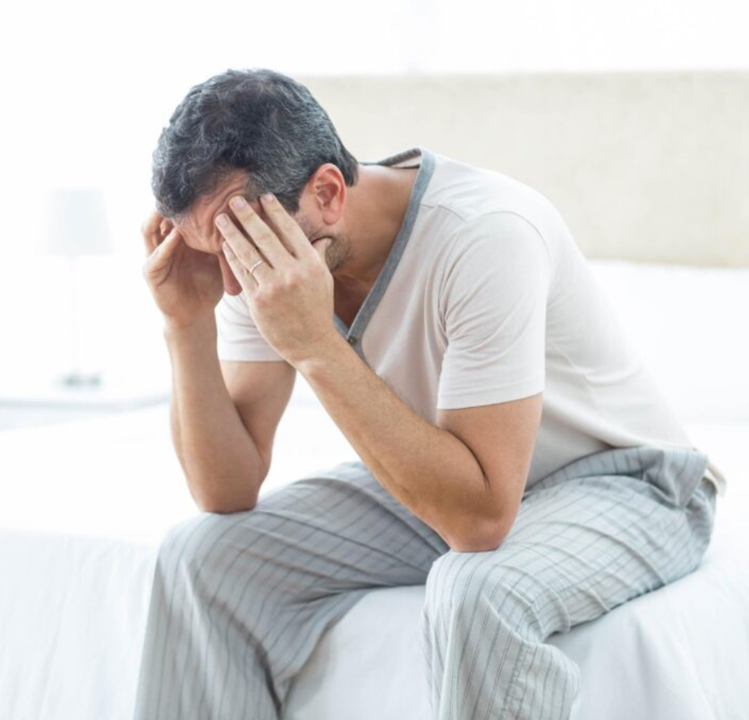LACK OF DESIRE- FEMALE
PROCEDURES AND EFFECTIVENESS
The most prevalent and frequently difficult to cure female sexual dysfunction is loss of desire for sexual engagement. It has long been questioned whether this loss of sexual desire is abnormal or just a variation on the normal. There is a wealth of literature about female sexuality from a variety of perspectives, including loss of desire in women.
Low or absent sex desire can be secondary (where the individual had previously had sex desire) or primary (where the person has never experienced sexual desire or interest).
In addition, low or nonexistent sexual desire might be situational—that is, directed away from the partner but towards other people—or general—that is, directed towards no one in particular.
Physical or psychological factors may be the cause of low or absent libido.
Psychogenic causes include sadness, anxiety, partner aversion, strained interpersonal relationships, schizophrenia, and so forth.
Sometimes low or nonexistent sex drive can also be caused by issues with communication, lack of affection, disputes, time constraints, sleeplessness, or insufficient sleep. It could also be linked to severe sexual restriction throughout childhood, unfavourable views towards sex, or traumatic or unpleasant sexual experiences like rape, incest, or sexual abuse. Relationship issues, in which one party lacks intimacy or closeness to their partner, can occasionally be the root motive.
Ayurvedic, homoeopathic, unani, deshi jadi-booti, hormone imbalances, and chronic illnesses are some examples of physical causes.
Physical illnesses which causes fatigue, pain, or general feelings of malaise could also be one of the reason for low or lack of sex desire. Hormone deficiencies may occasionally be implicated. Psychological conditions such as depression and excessive stress may inhibit sexual interest.
It may also be associated with other sex problems, and sometimes may be caused by them. For example, the woman who is unable to have orgasm or has pain during intercourse, or the man who has erection problems (impotence) or retarded ejaculation, may lose interest in sex because it is commonly associated with failure or is not very pleasurable.
ONLINE CONSULTATION
We use the latest in reproductive technology to give you the best possible chance of success.
ADVANCED TECHNOLOGY
We use the latest in reproductive technology ( ART) to give you the best possible chance of success.
PERSONALIZED CARE
We treat each patient as an individual, for best possible evaluations, diagnoses, and treatments.
PROVEN SUCCESS RATE
We are the best in the nation, and families travel from all over the world to receive their care.
FACE-TO-FACE DISCUSS
The smart and convenient way to manage your health. Speak face-to-face with a doctor anytime.
PEACE OF MIND
Independent industry surveys place our client satisfaction rate at 97% with a great Peace of mind.


What are the symptoms of HSDD?
While it’s healthy for sexual desire to fluctuate, a woman with HSDD will usually experience a lack of sexual desire for six months or more. If changes in sexual desire are so extreme that it’s affected your relationships or self-esteem, it could be HSDD.
Symptoms associated with HSDD include:
- little to no interest in sexual activity
- few to no sexual thoughts or fantasies
- disinterest in initiating sex
- difficulty getting pleasure from sex
- lack of pleasurable sensations when the genitals are stimulated
CONTACT US AND SCHEDULE YOUR VISIT
Contact us now
Dr. Mahesh Nawal is a one of the best sexologist Indore & laser proctologist consultant in Indore with an experience of more than 35 years, Dr. Nawal performed or all type of major surgery including laparoscopic general surgery reconstructive surgery.
CONTACT US
+91-9770396344
+91-9522556622
FOR APPOINTMENT
Call for Early Appointment
0731-427-5810


